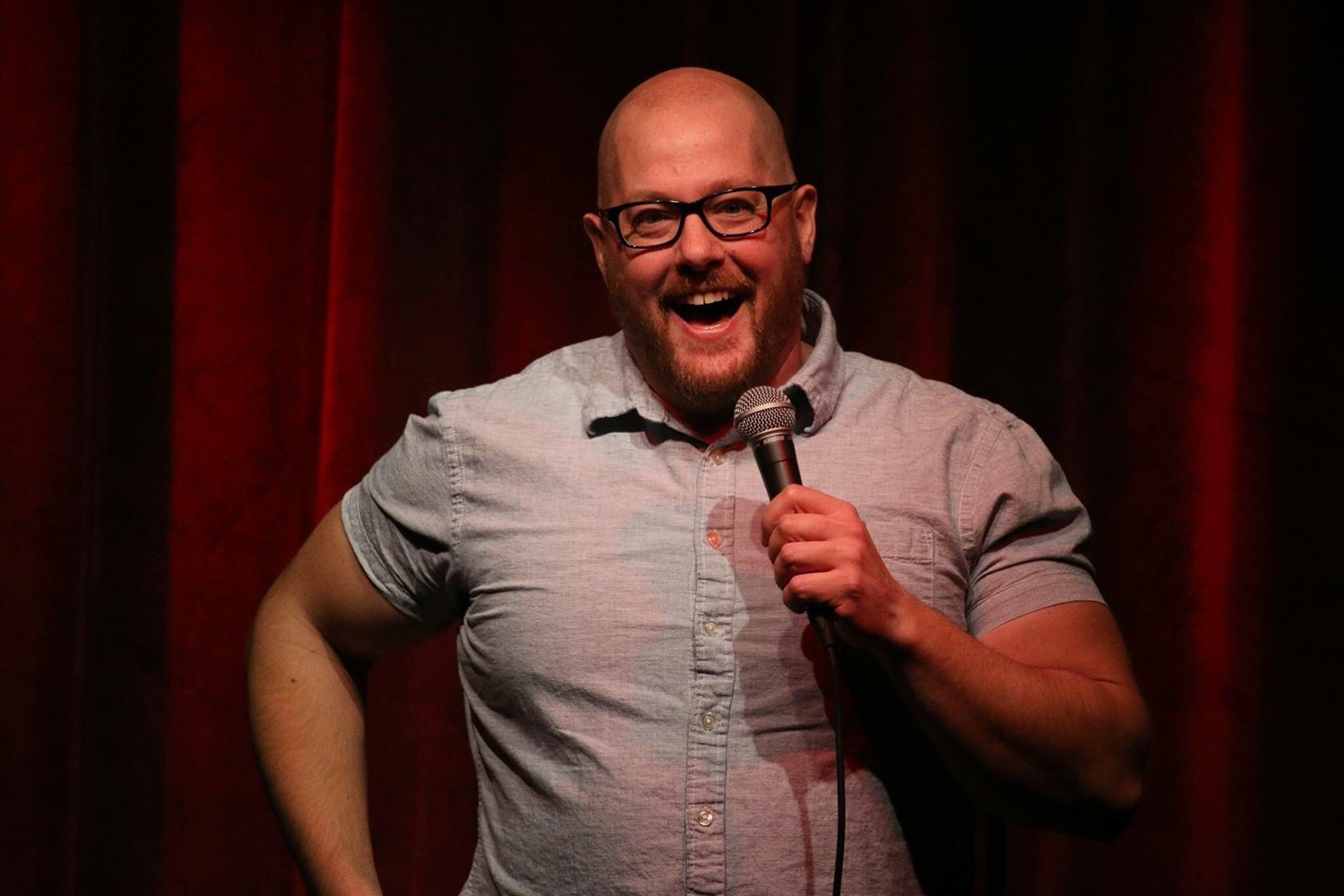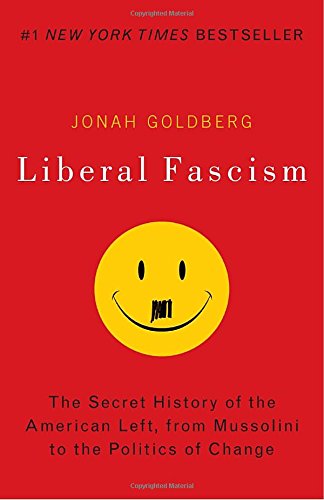Ed’s Topics
BitCoin Update
Bitcoin has been gaining value, having doubled its market cap since April 1, 2017. However it has been extrememly volatile. It “opened” today (Friday, May 26 at $2357, hit a high of $2639, and a low of $2067. Talk about your rollercoaster ride.
Two articles for you:
Three reasons why this time is different for bitcoin from CNBC
What is behind the BitCoin bonanza? from BK Capital Management
Tom Seaver’s Winery
Bill Maddon, sport's columnist for the New York Daily News wrote a piece that combined two of Ed's great loves: the New York Mets and wine. Hall of Fame pitcher Tom Seaver posited that the reason for so many pitching injuries in baseball has to do with too much weigh training. He said he never lifted weights, preferring instead to focus on his legs. In addition, his winery now produces an award winning cabaret, GTS Cabarnet. (Sorry Greg LaFollette, I hope the wine part kept you interested.)
Ron heard an interview on the May 20, 2017 Larry Kudlow radio show with the author of Dinner with DiMaggio, Dr. Rock Positano.
Mark Zuckerberg Advocates Universal Basic Income
Another silicone valley CEO come out in favor of the UBI. Listen to our show on this topic. Ron and Ed agree that as "welfare" programs go, it is the least bad way to implement such programs.
The Americans TV Show
Ed and Ron are both big fans. Here's the first season trailer.
Ron’s Topics
Generational Astrology Follow-Up
Our show on the hokum of generations at work has created quite a stir.
Clemson University’s chief diversity officer, Lee Gill says, “Expecting people to be on time is racist.” University of California, Hasting College of the Law added a “Chill Zone” in its library with mats for naps and beanbag chairs.
The University of Michigan Law School embedded a psychologist in a room with bubbles and play dough to counsel students stressed after president Donald Trump’s election.
University of Arkansas at Little Rock professor of law, Joshua M. Silverstein says, “Every American law school should eliminate C grades, and make the average grade B.”
In a New York Times op-ed, New York University provost Ulrich Baer wrote: “The idea of freedom of speech does not mean a blanket permission to say anything anybody thinks.”
I wish I would have said what Frank Martin did on the generations. Profound!
Ed thinks it is the "adults" who have gone crazy. He shared his thoughts on this interview with Peter Gray on the End of Play.
RIP Economist William Baumol (February 26, 1922 – May 4, 2017)
Creator of the “Cost disease.”
Actors compete in the same national labor market as factory workers.
Hence, as productivity increases lift factory worker’s wages, arts organizations must pay their staff more to keep them from quitting and working in factories.
Productivity gains are not matched in the arts: performing a symphony by Bethoven took the same time and number of musicians in the 20th as the 19th century.
Therefore, technological progress in some industries will raise wages in low-productivity sectors—such as health care, education, and government.
Wage increases are a side-effect of productivity gains elsewhere in the economy, which makes the economy richer overall.
As machines become better, human productivity converges toward zero, and spending will go towards services for which it’s crucial productivity not grow, providing jobs for everyone.
The economy will be characterized by both technological abundance and cost disease. Embrace the contradictions!
“A better pill from China,” The Economist, March 18, 2017
On our January 25, 2016 episode #76: Lessons from the Trading Game, I made a modification at the end of the game: Ask the audience if they’d trade their “gift” for a cure for cancer.
Oh, and it comes from China so this will explode the trade deficit. Well, now it seems this scenario is possible.
The Shanghai laboratories of Chi-Med, a biotech firm, isgetting positive results in late-stage trails of its drug for colorectal cancer, Fruquintinib.
This is the very first drug designed and developed entirely in China.
If other countries purchase this drug, adding to their country’s trade deficit, does it really matter? Does the trade deficit have anything to do with standard of living?
“Teaching Robots Right From Wrong,” 1843, June/July 2017
Robear is strong enough to lift frail patients from bed; so it can crush them, too.
There’s essentially three approaches to teaching ethics to AI/robots, all embryonic and at various stages of testing.
GoodAI, a company that specializes in educating AI says it’s not about pre-programming robots to follow prescribed rules in every possible situation. Robots are like kids, a blank slate
Good AI trains them to apply knowledge to situations they’ve never encountered by watching how others behave. Ron Arkin, a roboethicist at Georgia Tech believes robot soldiers are superior to humans since they can’t rape, pillage, or burn down a village. But how does a robot soldier decide whether to strike a high level target while he’s breaking bread with civilians? Or decide whether to support five low-ranking recruits, or one high-ranking officer on opposite sides of a conflict zone?
Arkin’s approach is called the “ethical adapter,” which attempts to simulate human emotions, rather than human behavior, and learn from its mistakes. Can a robot experience guilt? He thinks they can be programmed to do so. Of course one problem with this approach is it requires the robot to do something wrong first.
The third approach is to use stories. Robots might be like kids but do we have 20 years? Load in thousands of different protagonists dilemmas, then the machine can average out the responses and do what a majority of people would do in that circumstance.
We’re never going to have a perfect self-driving car, but the goal should be to be no worse than humans.
I’d say at least 50% better than humans.















